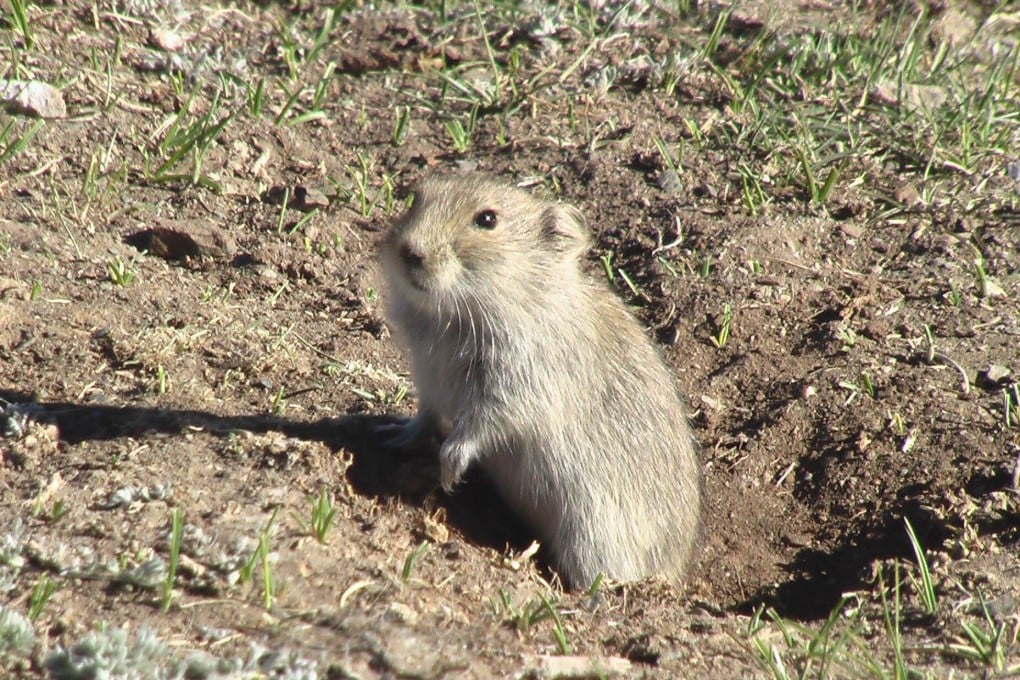Voles get a brain boost from eating their own poo – how can we gain the same benefits without the gross factor?
- Many animal species eat their own waste but the reasons behind it are not well understood
- Research led by Chinese scientist suggests there may be a way for humans to get the same healing effects without having to resort to coprophagy

Eating poop boosts the generation of feel-good dopamine in voles and helps them pass cognitive tests, observed Chinese scientists in an animal experiment.
Brandt’s vole is a mouse-like rodent living in the grasslands of Mongolia, Russia and China, feeding on plants and storing a large amount of food in underground tunnels. When it eats, the vole has a habit of turning around for stool still fresh and warm on the floor.
On average, about one in every five droppings is eaten by the animal, but its motivation for this behaviour remains unclear.
To find the answer, Professor Wang Dehua and colleagues at the Institute of Zoology at the Chinese Academy of Sciences in Beijing put the vole in a cage with a mesh floor where the faeces would fall through the screen.
Each vole wore a collar around its neck, so it could not reach back to catch the droppings directly from its anus.
In comparison to the voles living in normal cages, some of which also had a collar to control for the potentially stressful effect, the poop-denied voles had a greater food intake (a third more) but ended up weighing less (20 per cent less), suggesting a negative effect on metabolism.